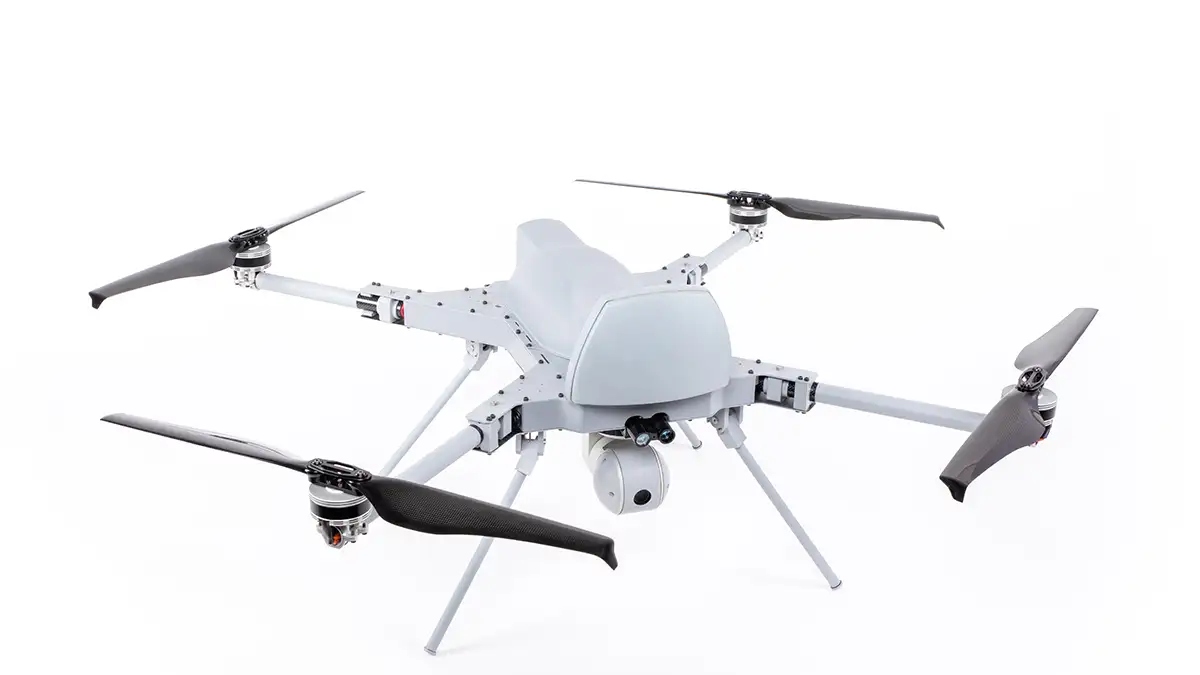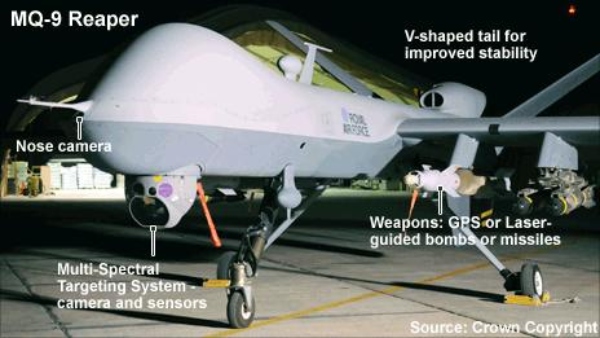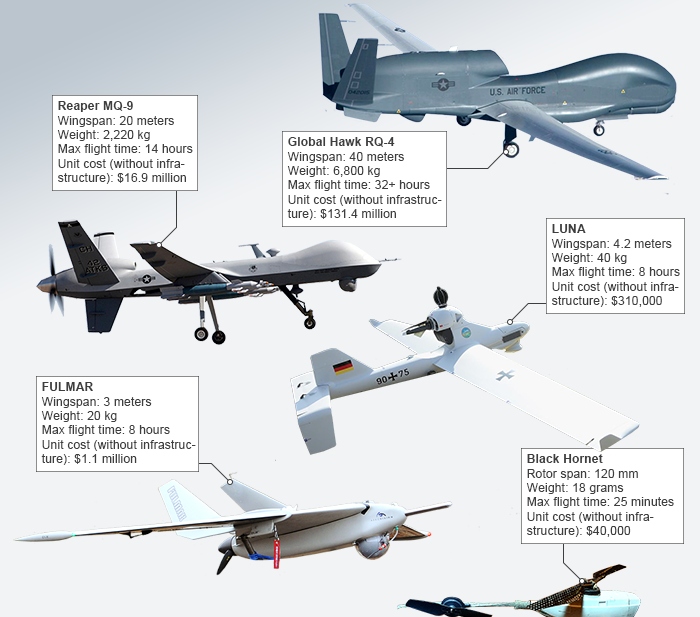Comments
- No comments found

Killer drones, also known as unmanned aerial vehicles (UAVs), have been a topic of much debate in recent years.
On one hand, these drones have the potential to be used for a variety of beneficial purposes, such as surveillance, search and rescue, and targeted killing of terrorists. On the other hand, there are serious concerns about the potential negative consequences of using killer drones, such as the loss of innocent lives, violation of international laws, and the psychological impact on both the drone operators and the communities affected. In this article, we will explore the dark side of killer drones.

One of the primary concerns about the use of killer drones is the risk of innocent casualties. Drones are often used in conflict zones, where the situation is often complex and fluid, making it difficult to accurately identify targets. As a result, there have been numerous reports of innocent civilians being killed or injured in drone strikes. For example, a report by the Bureau of Investigative Journalism estimated that between 384 and 807 civilians have been killed in drone strikes in Pakistan between 2004 and 2019.
Another major concern about the use of killer drones is the potential violation of international laws. The use of drones in conflict zones raises questions about the legality of targeted killings, the right to due process, and the protection of civilians. The United Nations has called for greater transparency and accountability in the use of drones, and several human rights organizations have criticized the use of drones as a violation of international law. For instance, in 2013, a report by Human Rights Watch found that the US drone program in Yemen was violating international law, including the right to life and the prohibition against arbitrary killing.
The use of killer drones also has a significant psychological impact on the operators who are responsible for carrying out the strikes. Drone operators often suffer from symptoms of post-traumatic stress disorder (PTSD), anxiety, and depression. This is partly due to the fact that drone operators are often required to carry out long-distance killings, often for extended periods of time, and the fact that they are often isolated from the consequences of their actions. For example, a study by the University of Utah found that drone operators were more likely to experience symptoms of PTSD and depression compared to other military personnel.
The use of killer drones also has a significant psychological impact on the communities affected by the strikes. The constant threat of drone attacks can cause significant stress and anxiety, leading to social and economic disruption. For instance, a report by the International Human Rights and Conflict Resolution Clinic found that drone strikes in Pakistan had a significant psychological impact on the local population, including symptoms of anxiety, stress, and depression.

Sources: Thales, General Atomics, Northdrop Grumman, EMT Penzberg, Prox Dynamics | © DW
The use of killer drones raises serious concerns about the potential for innocent casualties, violation of international laws, and the psychological impact on both the drone operators and the communities affected. The negative consequences of using killer drones far outweigh the benefits, and it is imperative that steps are taken to limit their use and ensure greater transparency and accountability. The international community must work together to establish clear guidelines for the use of drones, to ensure that they are used only in a manner that is consistent with international law and human rights.
Leave your comments
Post comment as a guest